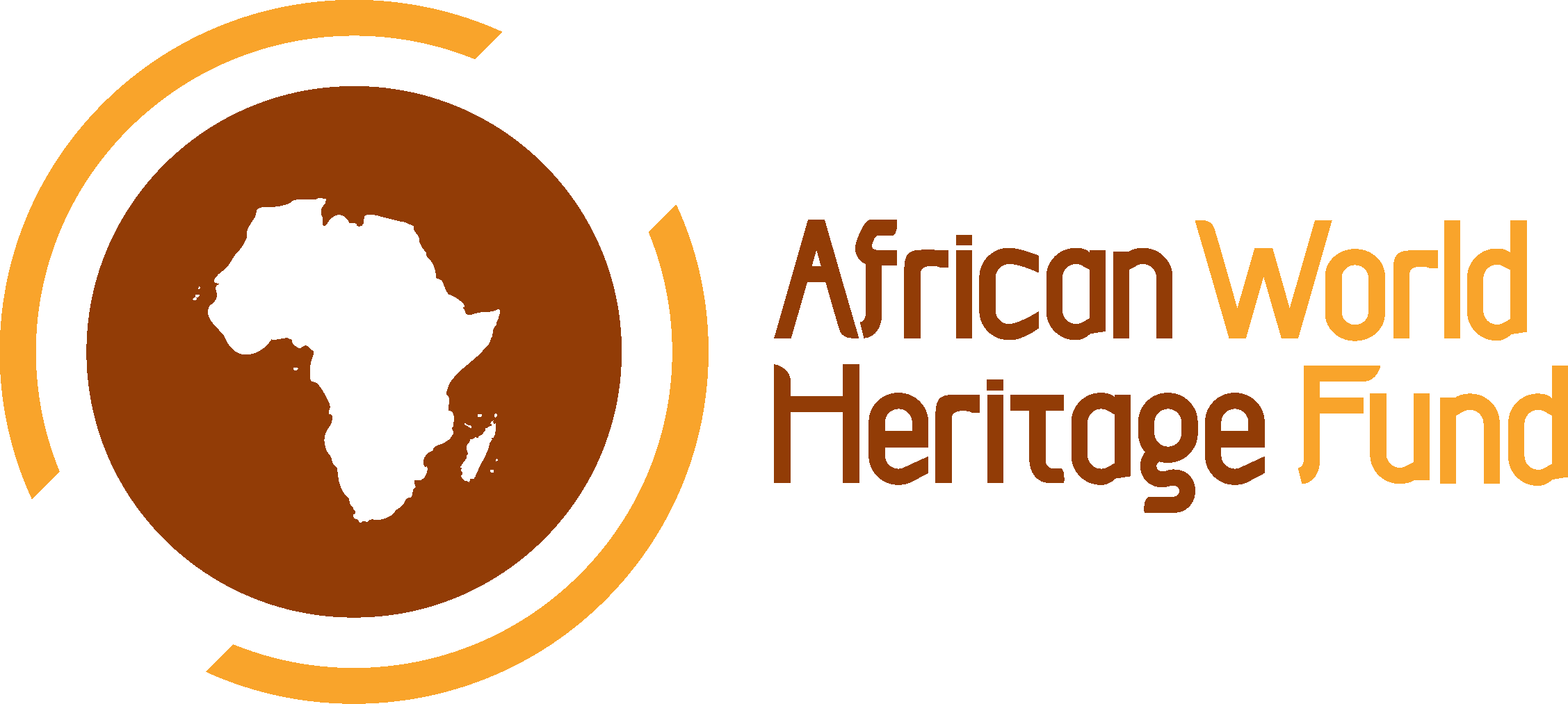Fund Resilience, Not Disasters: Safeguarding Africa’s Heritage in the Face of Crisis

The Impact of Disasters on World Heritage Sites in Africa
Africa’s 154 World Heritage Sites stand as enduring symbols of the continent’s deep history, cultural diversity, and ecological wealth; living legacies that sustain communities through identity, education, and economic opportunity. Yet these irreplaceable treasures are increasingly endangered by natural and human-induced disasters, whose frequency and intensity are accelerating due to climate change, environmental degradation, and weak resilience mechanisms.
Across the continent, floods erode sacred landscapes, while wildfires, droughts, and cyclones devastate fragile ecosystems and cultural landmarks. These disasters inflict not only physical destruction but also profound social and cultural loss, disrupting livelihoods, displacing communities, and weakening the intangible bonds that connect people to their heritage. Despite this growing urgency, limited funding, inadequate preparedness, and insufficient technical capacity continue to hinder effective risk management at many heritage sites. Too often, resources are mobilized only after disasters strike, perpetuating a reactive cycle that leaves communities and heritage vulnerable to repeated shocks.
On this International Day for Disaster Risk Reduction 2025, the African World Heritage Fund echoes the global call to “Fund Resilience, Not Disasters.” The Fund emphasizes that proactive investment in early warning systems, the integration of disaster risk reduction into heritage management, and the empowerment of local custodians are essential to protect Africa’s heritage from escalating threats. Without sustained and forward-looking action, the continent risks losing not only its monuments and landscapes but also the living memory and identity of its people.
Building Resilience: AWHF’s Commitment to Risk Reduction
Since its creation in 2006, the African World Heritage Fund has been at the forefront of advancing Disaster Risk Reduction (DRR) within heritage conservation frameworks across the continent. As a UNESCO Category II Centre, the Fund is the only institution in Africa with a specific mandate to support the implementation of the World Heritage Convention while contributing to the aspirations of the African Union’s Agenda 2063 and UNESCO’s Priority Africa. Through its Risk Preparedness Programme for World Heritage, the Fund has developed a wide range of initiatives, from technical workshops and field projects to conservation grants, aimed at reducing vulnerabilities, strengthening resilience, and ensuring the continuity of the Outstanding Universal Value (OUV) of African World Heritage Sites.
This programme has enabled African States Parties to prevent and mitigate disaster-related damage to both cultural and natural heritage. It has also advanced the integration of disaster risk management into national heritage policies and development strategies, as demonstrated in Robben Island, South Africa. In the Island of Mozambique, AWHF’s efforts have promoted sustainable recovery and adaptation while ensuring that post-disaster interventions respect the authenticity and integrity of the site. Similarly, in Comoé National Park in Côte d’Ivoire and Djoudj National Bird Sanctuary in Senegal, community participation and traditional knowledge have been harnessed as central pillars of resilience and stewardship.
Anchored in the objectives of Agenda 2063 and the United Nations Sustainable Development Goals, the Fund and its partners have strengthened the capacity of over 600 African heritage professionals, including youth and women, while enhancing the institutional knowledge of heritage authorities across the continent. These efforts have supported the sustainable management of over 30 World Heritage Sites in Africa and contributed to the successful removal of 12 sites from the List of World Heritage in Danger. Such milestones demonstrate Africa’s growing leadership in heritage conservation and the power of proactive resilience-building.
Transforming Heritage into Resilience and Hope
AWHF’s work directly contributes to the realization of Sustainable Development Goal 11.4, which calls for strengthened efforts to protect and safeguard the world’s cultural and natural heritage, and Goal 13.1, which seeks to enhance resilience and adaptive capacity to climate-related hazards and natural disasters. Beyond preservation, these achievements represent a transformation; one in which Africa’s heritage becomes a driver of resilience, empowerment, and sustainable development.
Through strengthened partnerships, innovative financing, and community engagement, the African World Heritage Fund continues to ensure that Africa’s past serves as a foundation for a sustainable, inclusive, and resilient future.
